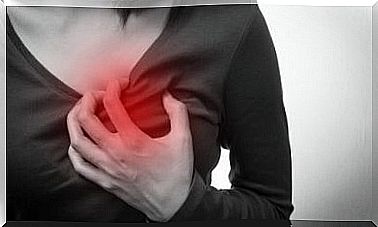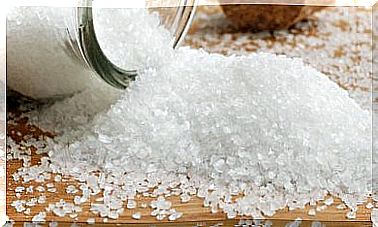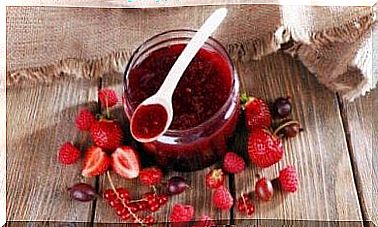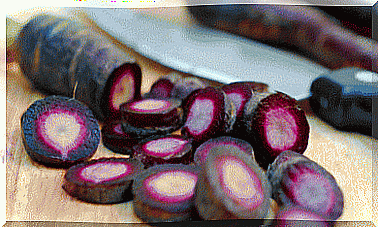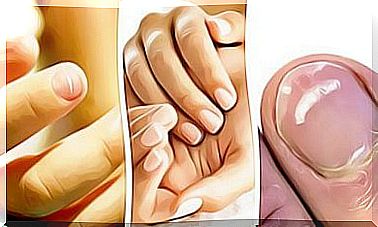Everything You Need To Know About B12 Vitamins
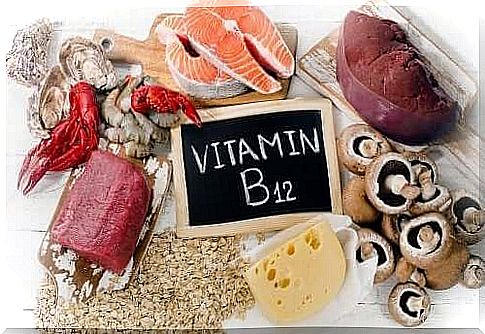
B12 vitamins are essential for your body because it helps your body perform several important processes. For example, it helps your body convert the food you eat into glucose. Your body needs glucose to be able to convert food into energy.
Read on to discover everything you need to know about B12 vitamins, also called cobalamin. We will tell you what it does and we will also recommend some foods that contain it.
Keep reading to find out more!
All about B12 vitamins
Vitamin B12 is a water-soluble vitamin that is very important for the formation of blood cells, cell metabolism, nerve function and the production of DNA. It also helps prevent megaloblastic anemia.
Recommended daily dose
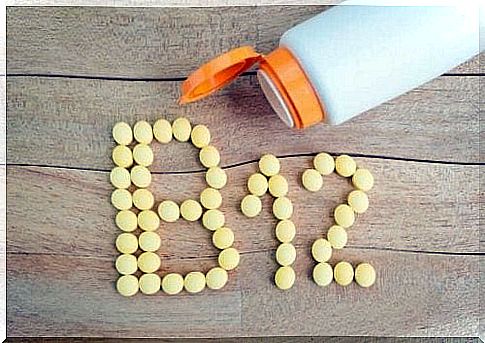
The amount of B12 vitamins you should get will depend on your age:
- Babies should receive between 0.4 and 0.5 mcg in their first year of life and 0.9 mcg until they are 3 years old.
- Children ages 3-8 should receive 1.2 mcg and ages 8-13 should receive 1.8 mcg.
- Children aged 13-18 should be given 2.4 mcg and then the amount remains the same.
- Women who are pregnant or breastfeeding should receive between 2.6 and 2.8 mcg.
2. How your body absorbs B12 vitamins
By eating foods rich in B12 vitamins, your stomach acid separates it from the proteins to which it is attached. Cobalamin is then combined with a stomach protein to be absorbed into your body.
However, some people cannot produce this type of stomach protein, for example the people who suffer from pernicious anemia. Thus, they usually have problems absorbing B12 vitamins.
Although cobalamin deficiency is rare, it is not impossible. People who suffer from it show symptoms such as:
- A feeling of needles in feet and hands
- Problems moving due to damage to their peripheral nervous system
- Pale or yellowish skin
- Extreme fatigue, related to pernicious anemia
- Fast pulse
- Shortness of breath
3. The benefits of cobalamin

At the beginning of this article, we mentioned that B12 vitamins are essential for our body in order for it to work and function properly.
Some of the key benefits are:
- It can reduce the risk of heart disease
- This vitamin helps reduce the risk of birth defects
- It prevents megaloblastic anemia. It does this by helping to produce red blood cells properly.
- B12 maintains bone health and prevents osteoporosis. Various studies have found that vitamin B12 deficiency may be related to low bone density.
- It can m indske risk of macular degeneration by reducing homocysteine. In general, high levels of this hormone are associated with this disease.
- This vitamin can improve one’s mood. Research has found that cobalamin can help people suffering from depression. In fact, cobalamin may even be a supplement to medication.
- It improves memory.
- B12 promotes the growth of hair and nails, in addition to improving the health of the skin. It is because of all the work that this vitamin does with cell production.
4. Foods rich in B12 vitamins
This vitamin is in lots of different foods. It is typical in animal products. People who follow a vegan or vegetarian diet may therefore experience a deficiency of B12 vitamins.
Some of the primary foods that contain this vitamin are:
- Liver and kidneys: These are the two pieces of meat with the highest content of B12 vitamins, especially from lamb. In fact, lamb liver contains 990% of the recommended daily dose per 100 grams.
- Mussels: Not only do they contain lots of B12, but they also contain antioxidants and proteins.
- Sardines: For every 150 grams, they contain twice the recommended daily dose of B12 vitamins.
- Enriched Cereals: Choose grains that are enriched with B12 vitamins. Therefore, check the product declaration before you buy!
- Tuna: 100 grams of tuna 160% of the required daily dose.
- Salmon: 180 grams of salmon contains 80% of the same daily recommended dose.
If you experience any of these symptoms of B12 deficiency, as we mentioned, do not hesitate to talk to your doctor. Remember that there is no better specialist to help you follow an appropriate and balanced diet.
